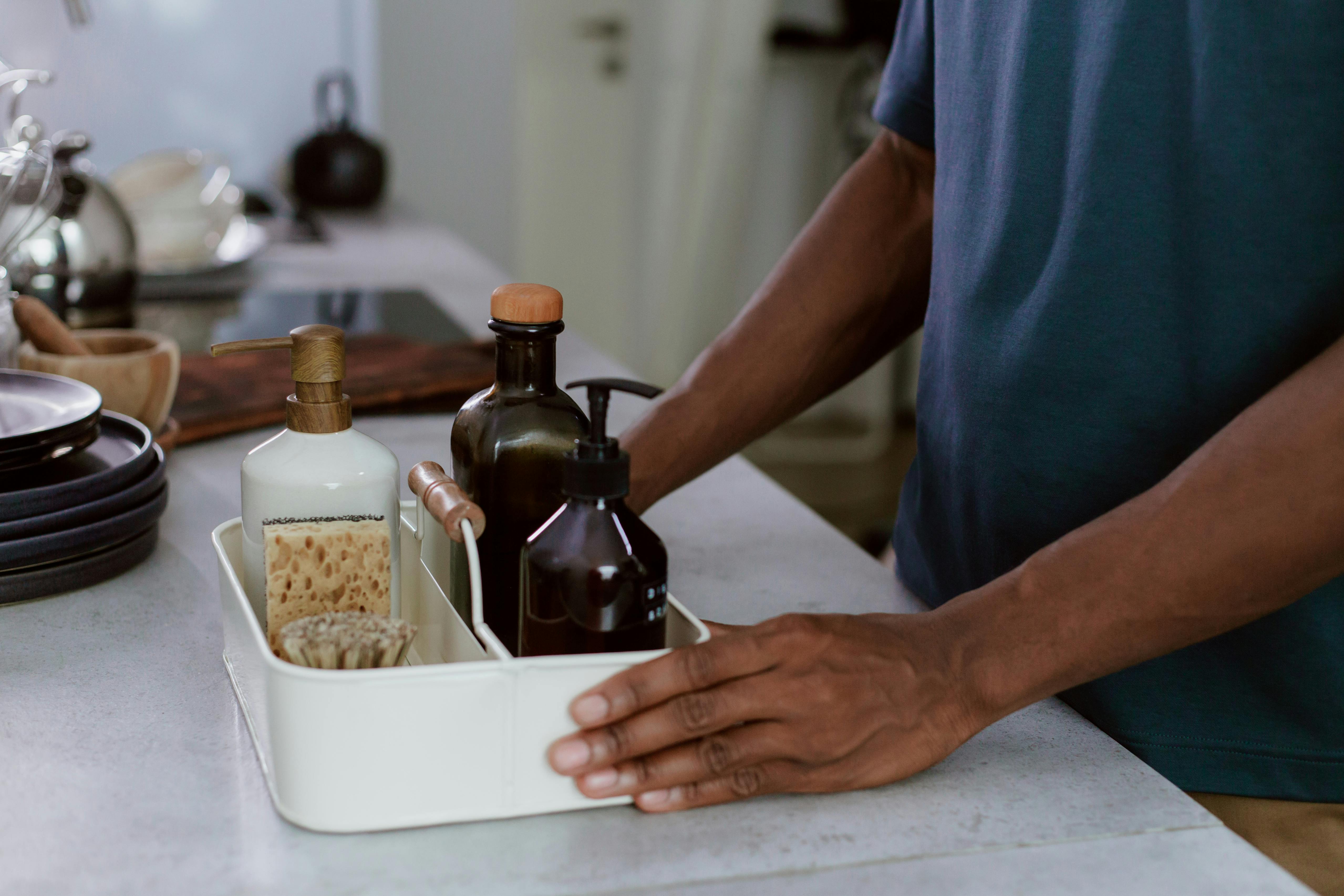
Blackjack, also known as the game of 21, is not purely a game of chance – it is a game where strategy matters. The decisions you make can significantly influence the outcome of the game. This guide is designed to help you understand the nuances of this fascinating game and empower you with proven strategies. Whether you’re a novice player or a seasoned gambler, mastering the strategies of Blackjack can dramatically increase your odds of winning. Let’s delve into the world of Blackjack, where every decision counts, and a methodical approach can tip the scales in your favor.
Introduction to Blackjack
Originating in French casinos in the 18th century, Blackjack soon crossed the Atlantic and gained immense popularity in America. The game quickly gained a foothold in the gambling world, renowned for its blend of chance and strategy. Unlike many other casino games that rely solely on luck, Blackjack is a game of skill where the player’s decisions can significantly affect the game’s outcome. It’s not just about getting the right cards; it’s about knowing when to stand, when to hit, and when to double down. This fusion of luck and strategy is what makes Blackjack one of the most thrilling and satisfying games in the casino. Whether you’re playing for fun or aiming to hit the big time, understanding the basics and the strategic depth of Blackjack is the first step towards mastering this iconic game.
Understanding The Basics
At its core, Blackjack is a card game where the goal is to amass a hand value closer to 21 than the dealer’s hand without exceeding 21. The game commences with the dealer distributing two cards to each player, including themselves. Cards from 2-10 retain their face value, while face cards (King, Queen, and Jack) are worth 10. An Ace can be valued at 1 or 11, depending on what is more beneficial to a player’s hand.
The ‘Hit’ action allows you to request an additional card, while ‘Stand’ means you are satisfied with your hand’s total. ‘Doubling Down’ allows you to double your original bet after the initial deal, but you must stand after receiving one more card. In the case of ‘Splitting’, if you have two cards of the same rank, you can split them into two separate hands, with a separate bet for each.
The dealer must draw cards until they have at least 17 and must stand when they have 17 to 21. If you beat the dealer’s hand or if the dealer busts (i.e., exceeds 21), you win. If you exceed 21, you ‘bust’ and automatically lose, regardless of the dealer’s hand. Understanding these basic rules is your first step towards mastering the game of 21.
Basic Strategy
The basic Blackjack strategy is a statistically proven approach that determines the optimum choice (hit, stand, double down, or split) in every given circumstance. This approach is based on the upcard of the dealer and the player’s total. It’s a guideline for increasing your odds of winning in the long run, and when followed regularly, it may dramatically diminish the house edge.
The fundamental premise of the Basic Strategy is that there are more tens in the deck than any other card value. Therefore, the dealer’s down card is always assumed to be a 10. Since the dealer must continue to hit until they reach at least 17, if they show a six or less, the chances are high that they will bust. Therefore, if the dealer’s upcard is six or less, and your total is 12 or more, the best strategy is to stand. You’re playing it safe, hoping that the dealer will bust.
On the contrary, if the dealer’s upcard is seven or higher, and your total is 16 or less, it’s best to hit. The idea is to improve your hand since you’ll likely lose if you stand.
Doubling down and splitting are also key strategic actions that maximize your winnings when favorable conditions are favourable. For instance, regardless of the dealer’s up card, you should always split Aces and eights. You can go as close to a flawless blackjack as you like with a pair of aces, and you have a good chance of improving your hand by splitting eights.
Remember, the Basic Strategy does not ensure you’ll win every hand, but it does increase your odds over time. Stick to it, be patient, and the tides of fortune will turn in your favor.
Card Counting
Card counting, a controversial yet effective strategy, estimates the ratio of high cards to low cards in the deck. The intriguing premise behind this strategy is that a deck rich in 10s and Aces increases the player’s chances of hitting a Blackjack, which pays out 3:2. Conversely, a deck rich in small cards increases the dealer’s chances of winning.
Card counting operates on a simple principle: you add, subtract, or do nothing based on each card’s value that you see. In the commonly used Hi-Lo system, card values are as follows: 2-6 are valued at +1, 7-9 are valued at 0, and 10-Ace are valued at -1. As the game progresses, you keep a ‘running count’ of the cards that are played. If the count is positive, the deck is rich in high cards, and it’s advantageous for the player to increase their bet. If the count is negative, the deck is rich in low cards, and the player should keep their bets low.
While card counting is not illegal, casinos may frown upon it, as it can seriously jeopardize their profits. However, if employed subtly and with skill, card counting can tip the odds in your favor. It’s essential to understand that card counting requires practice, a sharp mind, and a healthy measure of stealth. For those willing to put in the effort, it’s an additional tool in your Blackjack strategy arsenal that can help you master the game of 21.
Advanced Strategies
Deeper into the rabbit hole of Blackjack strategies, we encounter more complex and nuanced tactics designed for seasoned players. These advanced strategies, while requiring further understanding of the game and sharper analytical skills, can further decrease the house edge and increase your chances of sustained success.
One such strategy is the concept of ‘True Count.’ In card counting, the ‘running count’ gives you an idea of when the odds are in your favor. However, the accuracy of this method increases when adjusted for the number of decks still in play—a concept known as the ‘True Count.’ The True Count is determined by dividing your running count by the predicted number of decks still in the shoe. This gives a more accurate picture of your standing in the game, allowing you to adjust your bets more effectively.
The ‘Surrender’ strategy is another advanced tactic, often overlooked by many players. In certain situations and in casinos where it is allowed, surrendering your hand can be a viable strategy. An ‘early surrender’ allows you to forfeit your hand and reclaim half of your bet before the dealer checks for Blackjack. A ‘late surrender’ allows this only after the check. This strategy can be useful when your chance of winning the hand is very low and the dealer’s chances are particularly strong.
Finally, ‘Side Bets’ offers a different pathway to potential winnings. These bets are independent of your main wager and are usually based on whether certain card patterns (like pairs or sequences) will occur. While they can provide significant payouts, it’s essential to understand that side bets significantly increase the house edge and hence, should be used sparingly and strategically.
Bankroll Management
Managing your bankroll efficiently is crucial to enjoying a sustainable and responsible gambling experience. Bankroll refers to the amount of money you’ve allocated specifically for gambling — money you’re prepared to lose without causing any financial stress.
The first step in bankroll management is setting a budget. Keep it separate from your personal and household expenses. Setting loss limits, win goals, and session limits is also advisable — an effective strategy to prevent you from chasing losses or squandering your winnings.
The second step is to determine your betting unit. This is typically a small percentage (1-5%) of your total bankroll. Betting in small, consistent amounts can extend your playtime and increase your chances of winning in the long run.
Lastly, always remember that gambling should be entertaining, not a way to make money. If you cannot stick to your budget or if gambling is causing you distress, consider seeking help. There are numerous resources available to assist with problem gambling.
Etiquette and Unwritten Rules
While the strategic nuances of Blackjack are vital, it’s equally important to adhere to the social etiquette and unwritten rules of the Blackjack table. These rules maintain the game’s integrity and ensure a respectful and enjoyable player experience.
Always be aware of the dealer’s and other players’ pace of play, and try to match it. If you’re new to the game or unsure about a particular move, feel free to ask the dealer for advice, but avoid consistently slowing down the game.
Respect the dealer and other players, maintaining a friendly and positive attitude, regardless of the game’s outcome. Blackjack is a game of chance, and while winning strategies matter, losing hands doesn’t reflect on anyone’s skill or character.
While card counting is technically legal, it’s frowned upon in most casinos. If you choose to use this strategy, do so subtly to avoid drawing attention.
Avoid touching the cards if they’re dealt face up. Only the dealer should handle the cards in these cases.
Finally, it’s customary and respectful to tip the dealer, especially if you’re on a winning streak. Dealers typically work for minimum wage, and their livelihood depends significantly on tips.
Remember, Blackjack is a social game. The goal is to have fun, engage with other players, and maybe win a little money along the way. Adhering to these unwritten rules will enhance your experience and that of your fellow players.
Practicing and Improving Your Game
Playing Blackjack proficiently requires a combination of strategic knowledge, practice, and intuition. One of the best ways to improve your game is by frequent practice, which allows you to familiarize yourself with different scenarios and understand how to use various strategies effectively.
There are numerous online platforms where you can play blackjack for free, and these can serve as excellent training grounds. You can also practice techniques such as card counting and familiarize yourself with different variations of the game.
Taking part in tournaments is another great way to improve your game. These competitive events provide a platform to test your skills against seasoned players, sharpen your strategic acumen, and make valuable connections within the Blackjack community.
If you’re looking for an even bigger challenge, FanDuel’s BlackJack offers a unique experience. This game-show-style version of the card game rewards players for sharp skills and split-second decisions with massive cash prizes. It’s an exciting way to take your Blackjack skills to the next level.






